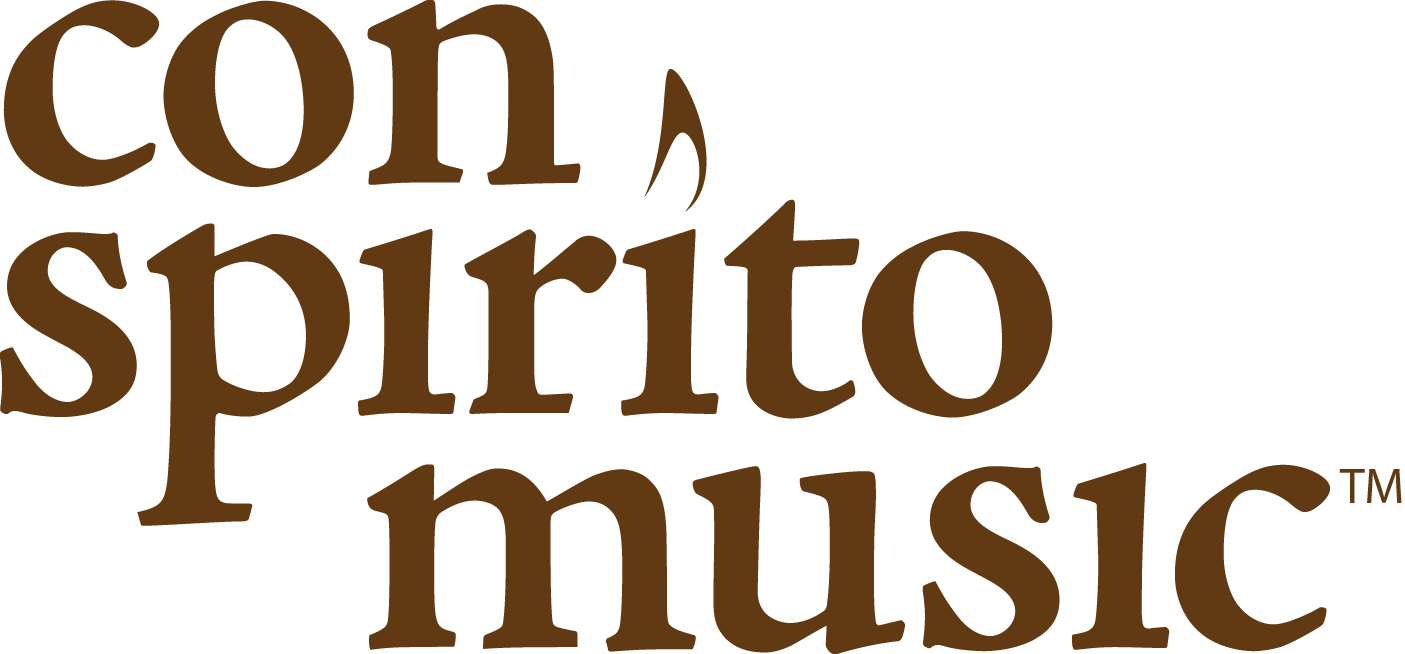An ideal hymn selection for Easter Sunday, Eastertide, or at any celebration of the eucharist, “At the Lamb’s High Feast We Sing” is one of many hymns translated from Latin by Robert Campbell (1814-1868), a Scottish advocate (lawyer) and Roman Catholic layperson. First published in 1850, “At the Lamb’s High Feast We Sing” was one of four of Campbell’s hymn texts to be included in Hymns Ancient & Modern (1861), the first standardized and popular hymnal of the Anglican Church.
The tune accompanying the text, known as SALZBURG, is attributed to the German composer Jakob Hintze (1622-1702). Its harmonization has long been attributed to J.S. Bach and numbered among his works as BWV 262. However, the New Edition of the Complete Works of Bach, published by Barenreiter, no longer recognizes this, and the harmonization matches that of Johann Pachelbel’s “Alle Menschen müssen sterben — Choral mit 8 Partiten” (Chorale with 8 Variations) of 1683.
Regardless of the authorship of text or tune, “At the Lamb’s High Feast We Sing” is a richly theological, grand hymn that references God’s saving works in both the Old Testament and the New, culminating in Christ’s victorious resurrection and his triumph over sin and death, and celebrates his feeding of the faithful gathered for the eucharistic feast with his Body and Blood.
This arrangement for organ and brass quintet begins with alternating fanfares for organ and brass, followed by:
Verse 1: organ accompaniment
Verse 2: brass accompaniment
Verse 3: organ accompaniment with solo trumpet “punctuations”
Interlude
Verse 4: organ and brass accompaniment in alternate harmonization
Coda recapitulating the introductory fanfares
Full score, parts for organ, Bb tpt. 1, Bb tpt. 2, F horn, tbn, tuba, and reproducible bulletin insert for voices (8.5×11″ PDF) — $25
